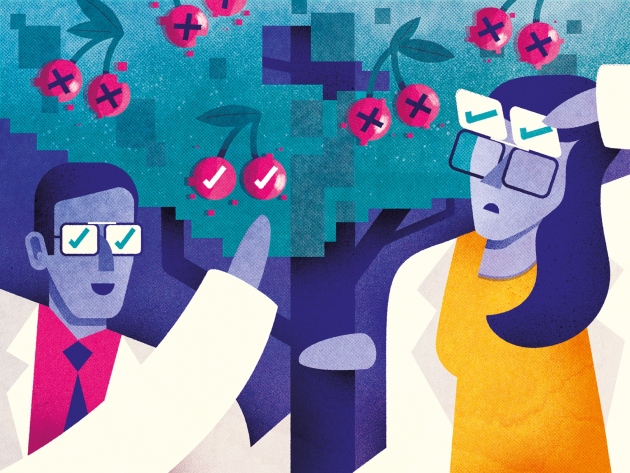How scientists fool themselves – and how they can stop
Humans are remarkably good at self-deception. But growing concern about reproducibility is driving many researchers to seek ways to fight their own worst instincts.
Article tools

Illustration by Dale Edwin Murray
In 2013, five years after he co-authored a paper showing that Democratic candidates in the United States could get more votes by moving slightly to the right on economic policy1, Andrew Gelman, a statistician at Columbia University in New York City, was chagrined to learn of an error in the data analysis. In trying to replicate the work, an undergraduate student named Yang Yang Hu had discovered that Gelman had got the sign wrong on one of the variables.
No comments:
Post a Comment